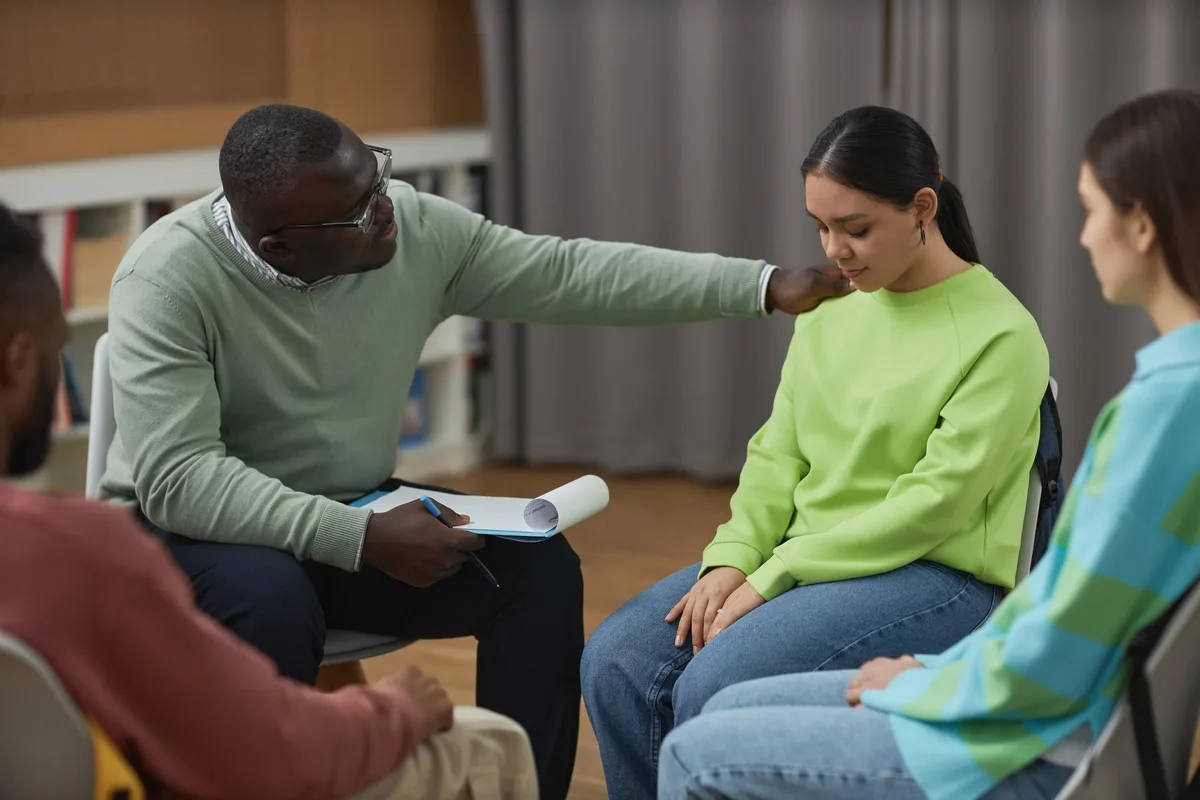24/7 Helpline:
(866) 899-111424/7 Helpline:
(866) 899-1114
Learn more about Cocaine Rehab centers in Glencoe
Cocaine Rehab in Other Cities

Other Insurance Options

Sliding scale payment assistance

MHNNet Behavioral Health

Choice Care Network

Self-pay options

Holman Group

Health Choice

Group Health Incorporated

Meritain

Cigna

Amerigroup

Medical Mutual of Ohio

EmblemHealth

Molina Healthcare

Humana

ComPsych

Evernorth

BlueCross

CareFirst

Ceridian

BHS | Behavioral Health Systems









Village Network – Brite Futures
Village Network – Brite Futures is a private rehab located in Saint Clairsville, Ohio. Village Netwo...

Crossroads Counseling Services
Crossroads Counseling Services offers outpatient services for individuals struggling with substance ...









































































































































































































Tri County Help Center
Tri County Help Center is a private rehab located in Saint Clairsville, Ohio. Tri County Help Center...
































































































































